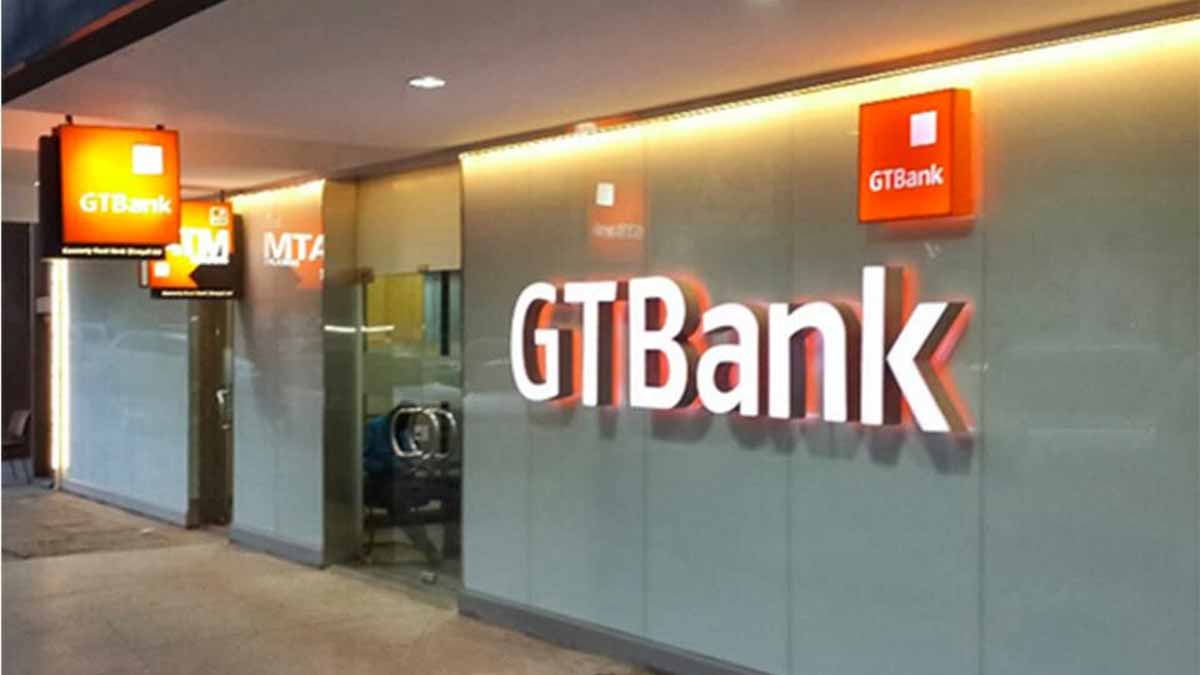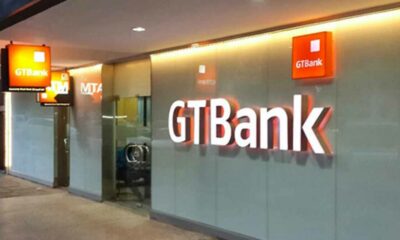news
GTBank drags First Bank, FCMB, Polaris Bank to court over Anchor Borrowers Loan

Guaranty Trust Bank (GTBank) has taken legal action against 60 senior executives from 13 commercial banks due to a protracted dispute with Afex Commodity Exchange over a N17 billion loan under the Anchor Borrowers Programme.
The executives, including chairpersons, CEOs, directors, and company secretaries, are facing contempt charges for allegedly failing to enforce a No-Debit Order on Afex Commodity Exchange’s accounts. This order was intended to ensure funds were transferred to GTBank as part of the loan repayment process.
The Federal High Court in Lagos, under Justice CJ Aneke, issued an order (suit no FHC/L/CS/911/2024) on May 27, 2024, to incarcerate the executives and the liquidator of Heritage Bank (Nigeria Deposit Insurance Corporation) for non-compliance. A legal notice published in national newspapers, including The PUNCH, detailed the order to serve notices of disobedience to these individuals.
The case has been adjourned to next Thursday. The banks involved include Access Bank, Citibank, Jaiz Bank, Union Bank, Fidelity Bank, First Bank of Nigeria, First City Monument Bank, NDIC (Heritage Bank’s liquidator), Polaris Bank, Stanbic IBTC Bank, Standard Chartered Bank, Taj Bank, United Bank for Africa, and Zenith Bank.
The May 27 ruling mandated 20 banks to transfer funds from the respondent’s accounts to Afex’s account with GTBank until the N17.81 billion debt is cleared. This amount consists of N15.77 billion in unpaid loans as of April 17, 2024, and N2.04 billion in recovery costs and incidental expenses.
The court also allowed GTBank to seize and sell commodities from Afex’s 16 warehouses, which were financed through the Central Bank of Nigeria’s Anchor Borrowers’ loan facility.
Previously, the court initiated contempt proceedings against Afex and its executives, including Ayodele Balogun, Jendayi Fraser, Justin Topilow, Mobolaji Adeoye, and Koonal Gandhi. Afex had taken the Anchor Borrowers Programme Loan from GTBank to finance smallholder farmers under the Central Bank’s scheme, with repayment expected from the sale of the commodities. Despite an extension, Afex failed to repay the full amount.
Afex claimed it had repaid about 90% of the loan, with the remainder due to challenges faced by the farmers. They stated that significant economic issues, including the Naira redesign policy, impacted their repayment ability, leading to only 40% repayment in the 2022/2023 season.
Afex urged the Central Bank to activate the collateral guarantee clause of up to 70% included in the Anchor Borrowers programme. They highlighted that their discussions with GTBank and the Central Bank focused on addressing these limitations and suggesting the release of funds to support recovery efforts in the agricultural sector.























